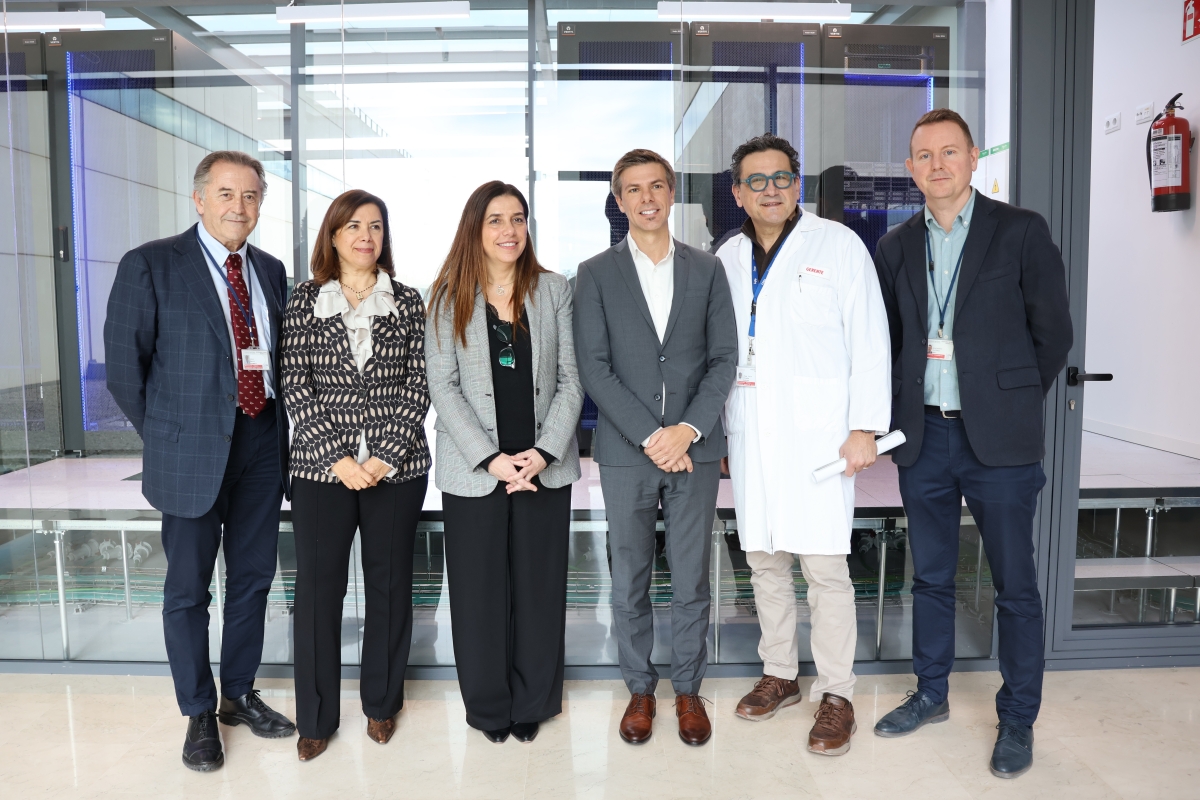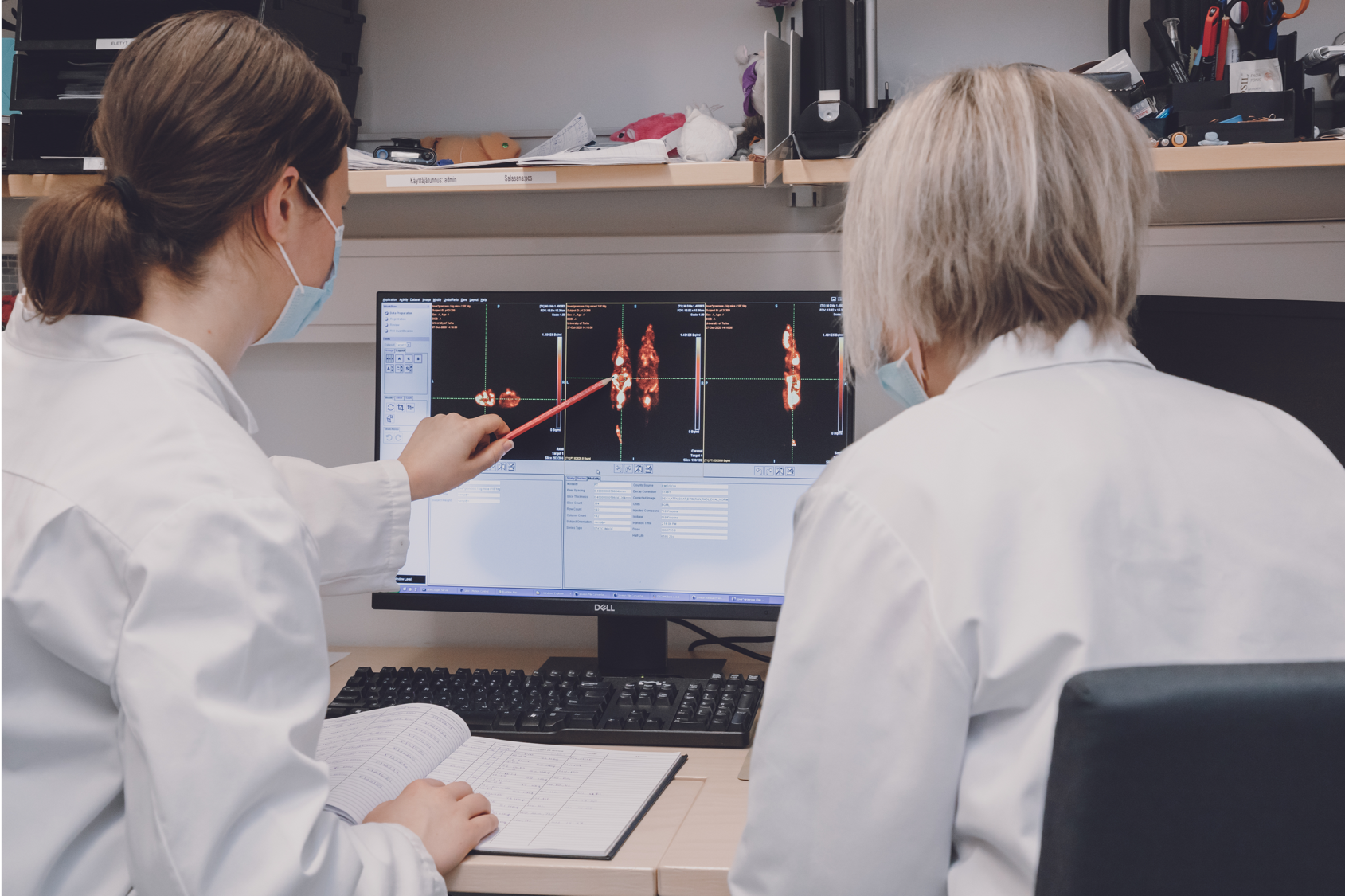
February 13, 2026
Euro-BioImaging at 3C-CoDash Hackathon
Bugra Oezdemir, our image data tools specialist from the Euro-BioImaging Bio-Hub team, had the pleasure of co-leading a session at the Data Science 3C-CoDash…

Euro-BioImaging is proud to announce a pilot distributed training course for "Intro to BioImage Analysis with Python for Life Scientists" from October 7th to 9th. This course is jointly organised by three Euro-BioImaging Nodes and will be run at three connected training centres that are part of Euro-BioImaging:
This course is organised under the eRImote project as part of the Euro-BioImaging use case to develop and test new hybrid training modalities that combine the advantages of remote and in-person training.
This distributed course will be held in person at the three locations and the three local training hubs will be remotely connected and jointly going through the training programme provided each day by one of the sites.

This means that students can enjoy the advantages of small in-person trainings - connecting with their fellow students and direct support from their trainers - as well as being connected on an international level and benefit from the training and image analysis expertise at all three training centres.
The course is designed for life science researchers with some Image Analysis experience who want to push their analysis capabilities to the next level by using Python, Jupyter Notebooks as well as implementing and applying analysis tools developed by the community for their image analysis challenges.
More details on the training program and prerequisites can be found here .
Registration is open until September 18th , and local travel grants are available here.
This course is organised as part of the Euro-BioImaging involvement in the eRImote project, focussing on "Remote and Virtual Access to Research Infrastructure Services", and a significant component of the training will build on the outcomes from the AI4Life project. This part of the training will familiarise students with the BioImage Model Zoo and ZeroCostDL4Mic.
The course will implement a joint virtual platform for all attendees at all sites, ensuring everyone has access to the same environment for their analysis and learning. This virtual platform is the BAND remote desktop, developed as part of the Euro-BioImaging involvement in the EOSC-Life project by Jean-Karim Heriche and Yi Sun from EMBL [link].
This training event also benefits from the EGI Training Infrastructure service supported by national resource providers in the EGI Federation. In particular, CESNET is providing the computational resources and support to host BAND for this training event.
The project, therefore, brings together outputs and initiatives from different EU projects and collaborations in the European data space to benefit life science researchers and make new ways of training possible.

February 13, 2026
Bugra Oezdemir, our image data tools specialist from the Euro-BioImaging Bio-Hub team, had the pleasure of co-leading a session at the Data Science 3C-CoDash…

February 12, 2026
The IIS La Fe (Instituto de Investigación Sanitaria La Fe) in Valencia, hosting the Euro-BioImaging Radiology and Medical Imaging Valencia Node, has inaugurated…

February 11, 2026
Today is the International Day of Women and Girls in Science. And tomorrow. And the day after that. The images below show our everyday.